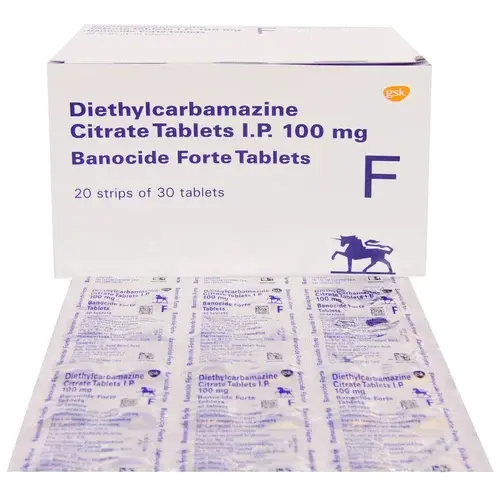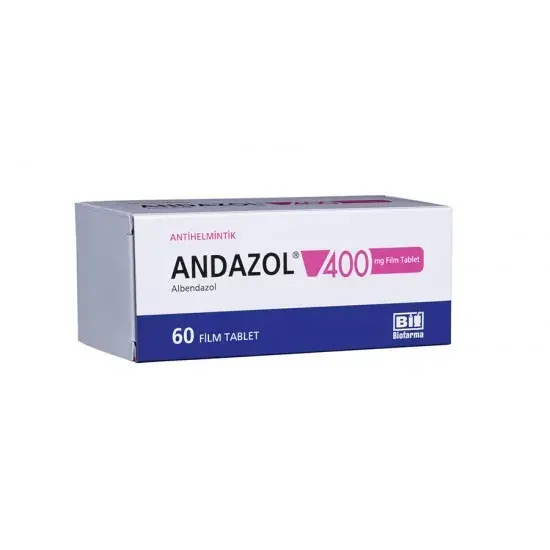“Anti-worm” medicines, also known as anthelmintics or dewormers, are drugs specially formulated to kill or expel parasitic worms (helminths) from the human body. They target a range of intestinal parasites—such as roundworms, pinworms, whipworms, and tapeworms—by disrupting the worms’ metabolism or paralyzing them so they can be eliminated naturally.
-
Gastrointestinal: Abdominal pain, cramps, bloating, diarrhea or constipation
-
Appetite Changes: Weight loss despite increased hunger or decreased appetite
-
Fatigue & Weakness: Nutrient deficiencies from worm activity
-
Itching: Perianal or anal itching (especially at night, common in pinworms)
-
Visible Worms: Occasionally, small white worms seen in stool or underwear
-
-
Contaminated Food & Water: Eating undercooked meat or unwashed produce
-
Poor Sanitation: Contact with contaminated soil (barefoot walking), unhygienic toilets
-
Close Contact: Sharing bedding or towels in crowded households
-
Animal Reservoirs: Pets carrying worms that can transmit to humans
-
-
Inadequate Treatment Course: Skipping doses or not treating all household members
-
Environmental Exposure: Returning to play areas or soil without proper handwashing
-
Food Handling: Improperly washing fruits, vegetables, or undercooked meat
-
-
Stool Examination: Microscopic identification of eggs or adult worms
-
Tape Test: Sticky tape applied to perianal area to collect pinworm eggs
-
Blood Tests: Eosinophil count may be elevated in some parasitic infections
-
Imaging (rare): Ultrasound or CT scan if complications (e.g., blockage) are suspected
-
-
Albendazole (Zentel® 400 mg): Broad-spectrum dewormer, single dose or short course
-
Mebendazole (Mebex® 100 mg): Effective against roundworms, whipworms, hookworms
-
Levamisole (Dicaris® 50/150 mg): Dual action—paralyzes worms for expulsion
-
Diethylcarbamazine (Banocide® Forte 50/100 mg): Primarily for filarial worms but also intestinal parasites
-
Dosing Tips: Often a single dose is enough; repeat after two weeks for some infections
-
Preventive Measures: Treat all family members concurrently and maintain strict hygiene
-
Q1: How soon after treatment will worms be gone?
A: Most patients expel worms within 24–48 hours; repeat dosing may be needed for complete clearance.
Q2: Can I resume normal diet during treatment?
A: Yes—no special diet is required, but maintain good hydration and balanced meals.
Q3: Is it safe to treat young children?
A: Albendazole and mebendazole are approved for children over 2 years; always follow pediatric dosing.
Q4: Do I need to clean my home after treatment?
A: Wash bedding, towels, and clothes in hot water; disinfect toilets and play areas to prevent reinfection.
Q5: When should I see a doctor again?
A: If symptoms persist after repeat dosing or if you develop severe abdominal pain or allergic reactions.






